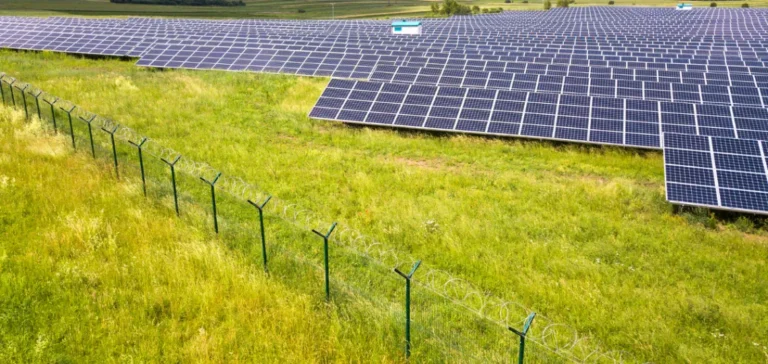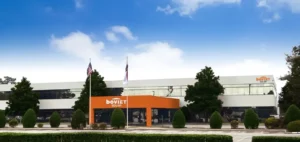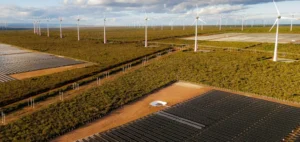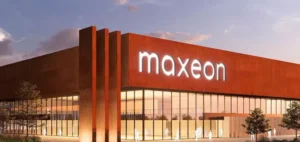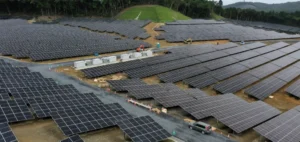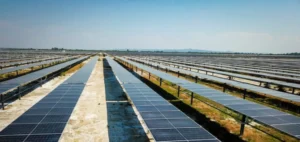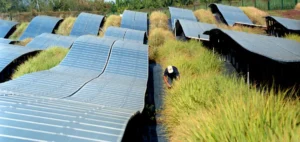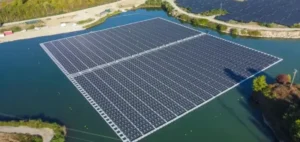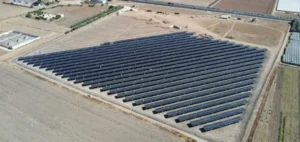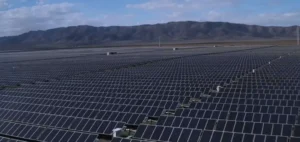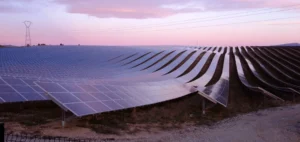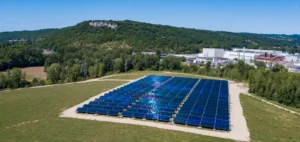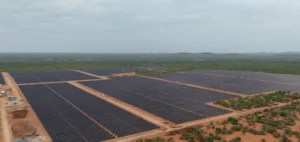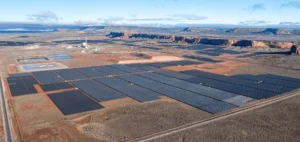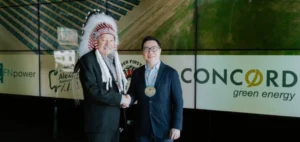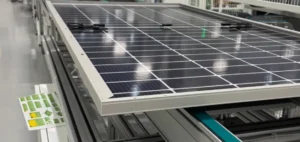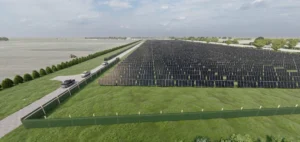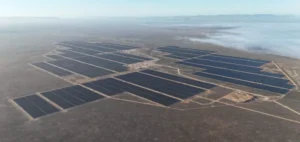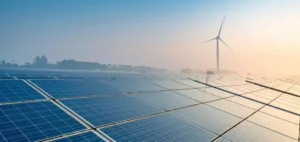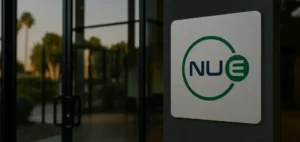CrossBoundary Energy, a developer of distributed renewable-energy solutions, and Standard Bank South Africa closed on 14 July a $60mn subordinated loan aimed at accelerating construction of the solar and storage facility for the Kamoa-Kakula copper complex in the Democratic Republic of the Congo. The financing will allow immediate orders of critical equipment, including photovoltaic modules, battery energy-storage systems (BESS) and substations. The plant will deliver 223 MWp paired with 526 MWh of storage, ensuring continuous power for the mining site. Kamoa Copper has signed a seventeen-year power-purchase agreement for the project, whose commissioning is now expected several months earlier than initially planned.
Accelerated financing to secure equipment
The loan follows, by less than eighteen months, a $141mn senior debt facility from the same bank that supports CrossBoundary Energy’s regional portfolio expansion. By combining mezzanine financing with senior debt, the partners seek a capital structure that limits construction risk while lowering the average cost of delivered electricity. The model illustrates evolving energy-sourcing strategies among mining groups operating in areas with limited infrastructure. By progressively replacing diesel generators, the site should cut CO₂ emissions significantly and reduce fuel operating costs.
The Democratic Republic of the Congo, Africa’s leading copper producer, views the structure as a precedent for securing energy investments aligned with mining-sector growth targets. Authorities argue that local industrialisation will depend on reliable low-carbon power, a key condition for attracting new capital. Hybrid solar-and-storage plants are emerging as credible alternatives to thermal stations, long the only baseload option off-grid. CrossBoundary Energy reports its portfolio now exceeds 500 MW across eighteen African countries.
A precedent for the Congolese mining industry
Early equipment purchases enabled by the subordinated loan aim to protect the supply chain from ongoing pressures in module and battery markets. Shorter delivery times should allow commercial operation by the second half of 2026. Standard Bank South Africa, the continent’s leading project-finance lender, says the deal underscores its growing interest in distributed-energy assets. The bank notes that African mines are now among the most dynamic segments for intensive solar-plus-storage solutions.
Sector analysts say long-term contracts indexed to availability rather than production enhance bankability for such infrastructure. Beyond Kamoa-Kakula, several metal operations are already considering similar projects to curb volatile energy costs. The rise of pre-procurement financing structures may become standard practice to maintain a competitive edge in securing critical assets. Investors seeking stable returns while aligning portfolios with industrial decarbonisation goals are expected to watch the Congolese experience closely.


